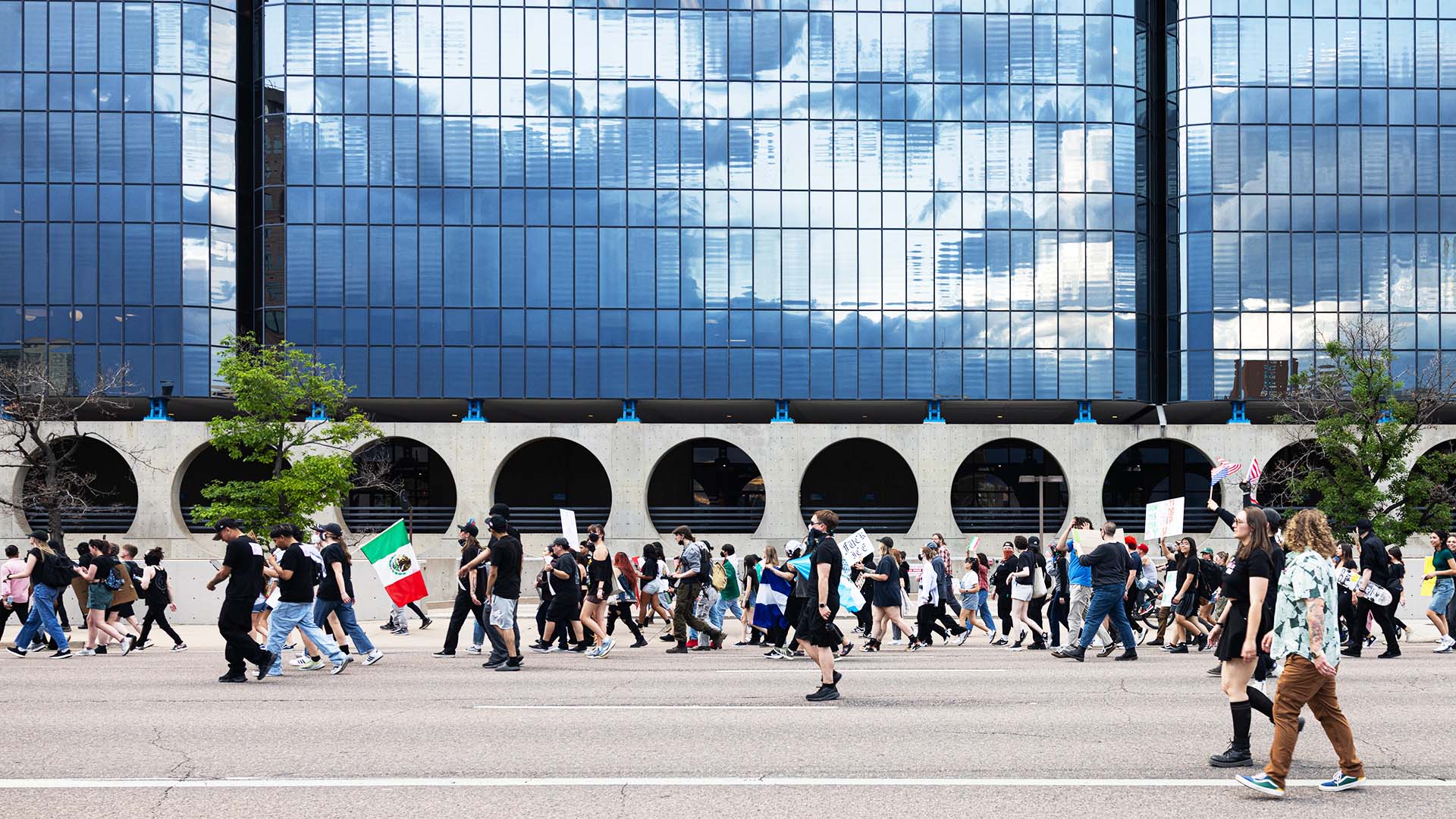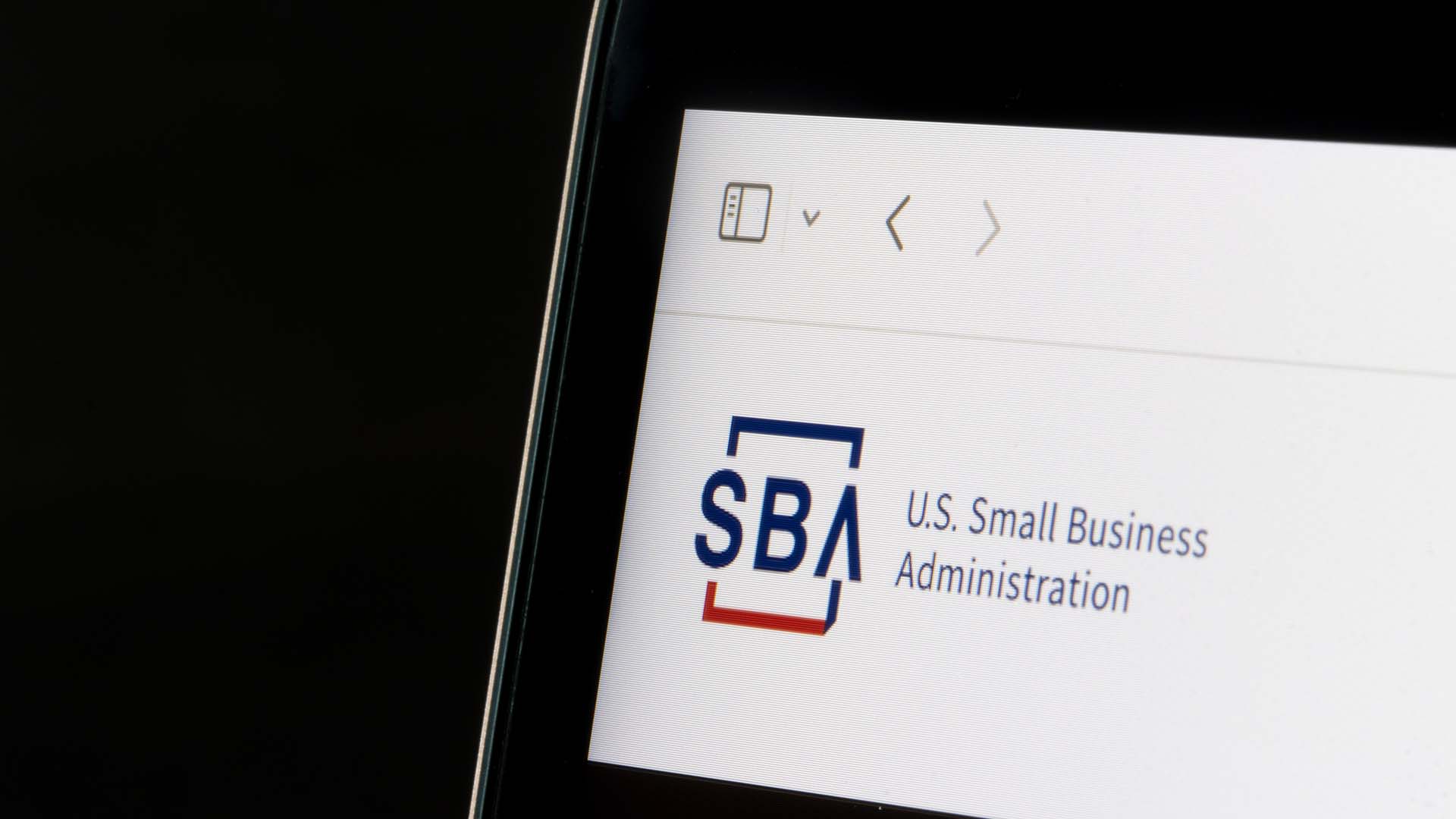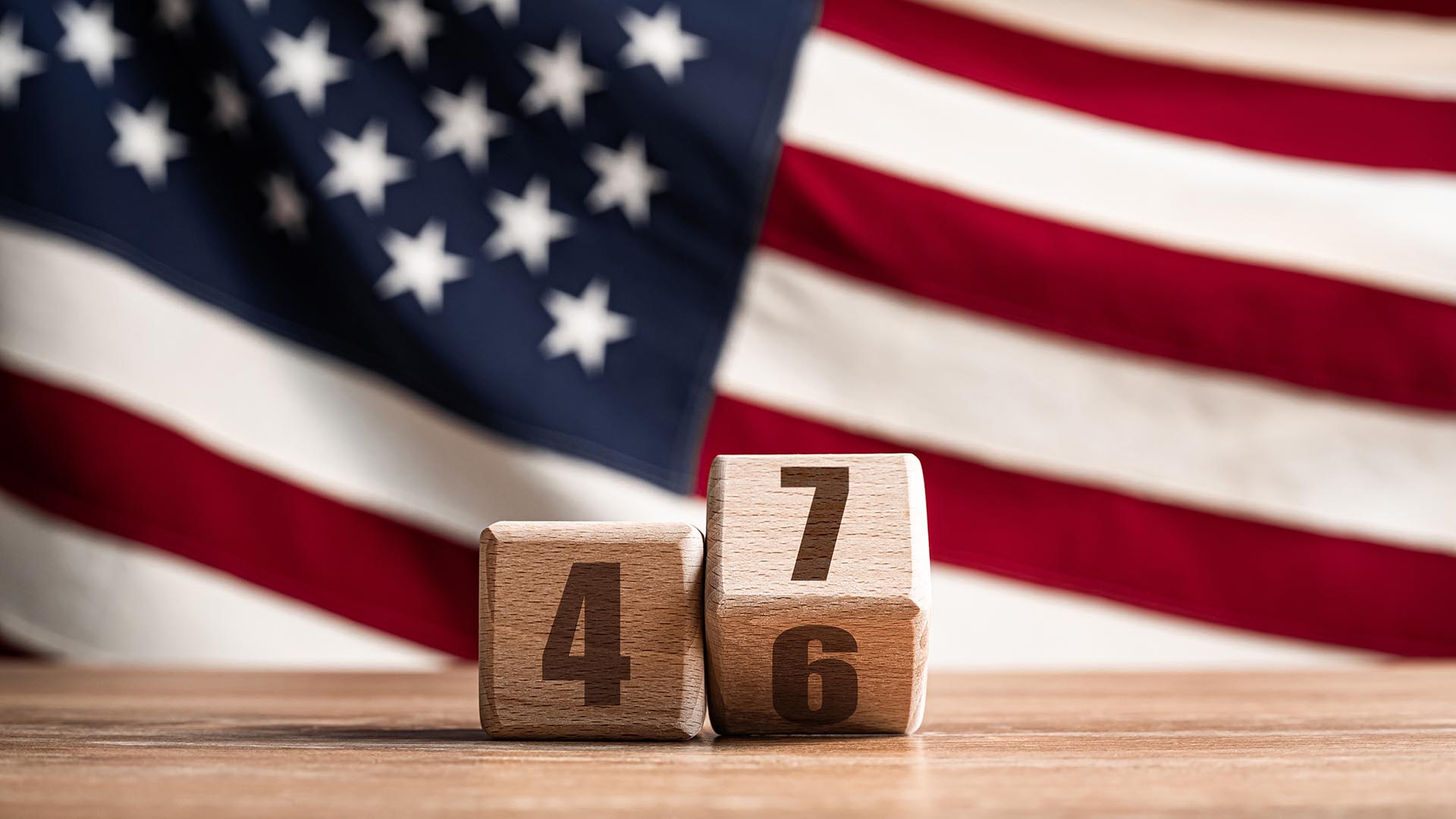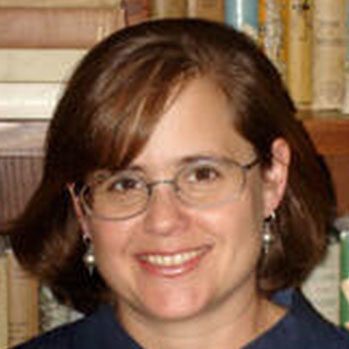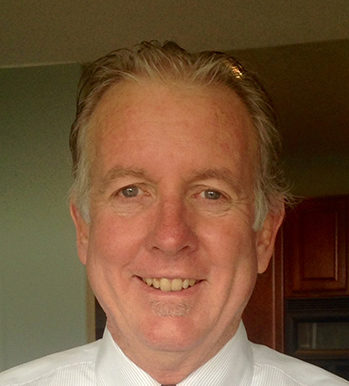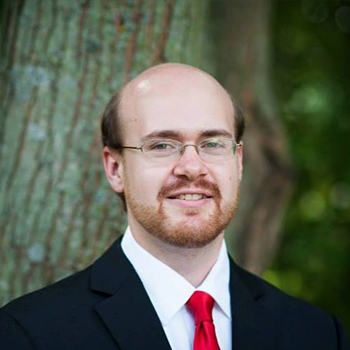Making their voice heard
Roadrunners earn national honors for highest undergraduate voting rate, highest overall rate for large campus.
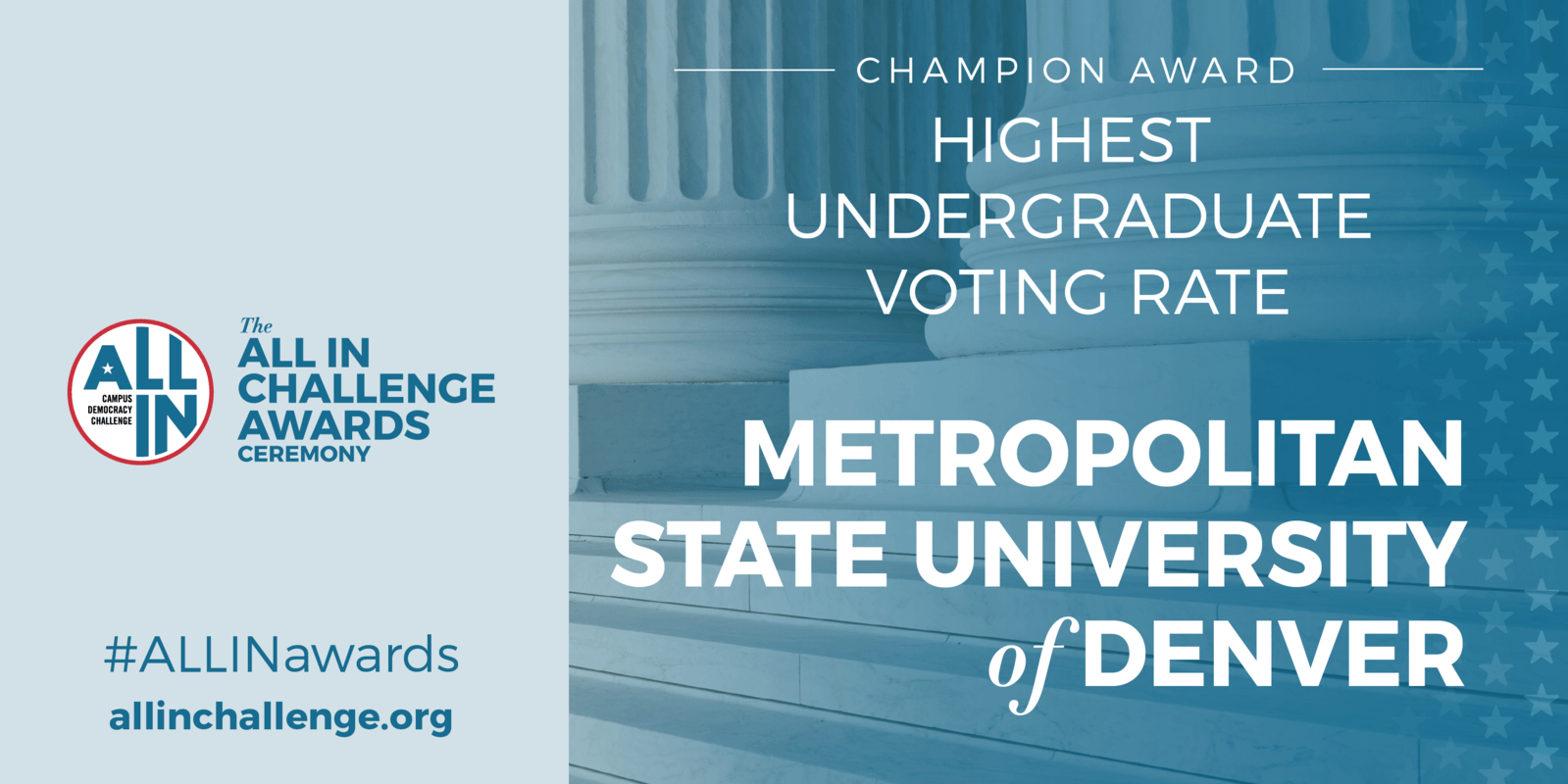
The ALL IN Campus Democracy Challenge is a national awards program designed to encourage higher education institutions to help students become informed citizens who participate in the democratic process. Almost 600 college and university campuses across the country have joined the Challenge since its 2016 launch, with close to 4 million students accounted for in the national effort to increase voter registration and participation among college students.
The early efforts of the schools participating in the Challenge have already paid off. Among institutions in the National Study of Learning, Voting, and Engagement, the Tufts University study the Challenge uses for its awards program, voter turnout increased from 46.9 percent in 2012 to 50.4 percent in 2016.
According to the U.S. Elections Project, overall U.S. voter turnout rose from 58.6 percent in 2012 to 60.2 percent in 2016.
The voting rate for Roadrunners was much higher than both the NSLVE student and U.S. voter turnouts, which led to recognition at the first ALL IN Challenge Awards Ceremony held at the Newseum in Washington this month.
MSU Denver was honored as the winner of the ALL IN Challenge’s Champion Award for having the highest undergraduate student voting rate (65.3 percent) among all participating campuses. The University also received a Best in Class Award for the highest voting rate among all large four-year public institutions (65.9 percent, including graduate students). Both of those figures exclude students who are ineligible to vote because of their age or residency status.
“The unique part of MSU Denver is we’re highly engaged across demographic groups that usually aren’t,” said Robert Preuhs, Ph.D., associate professor of political science.
While people are more likely to vote as they get older, and MSU Denver’s average student age was 23 in fall 2016, Roadrunners of all ages voted at much higher rates than the national average across various age brackets.
MSU Denver students ages 18-21 voted at a rate of 61.6 percent, compared with 44.8 percent nationally; in the 22-24 age bracket, Roadrunners voted at a rate of 64.6 percent, compared with 45.8 percent nationally.

Students of color at MSU Denver voted at higher rates than the national average as well. Black students voted at a rate of 56.6 percent (49.6 percent nationally), Latino students at 62 percent (45.9 percent nationally) and multiracial students at 64.5 percent (46.4 percent nationally).
“You have a political context that’s highly polarized. You have what is perceived to be high stakes, and I think our student body is exactly the demographic that perceives things (as) issue-based – they come from backgrounds where big policy issues like taxation, health care and immigration are all relative to them, as opposed to student bodies that are more insulated from those issues because they haven’t had to think about those things,” Preuhs said. “Presidential elections tend to focus everyone and get everybody excited, so the goal is to maintain a similar level of interest.”
Preuhs sits on the committee of the campus’ American Democracy Project chapter, part of a larger network of 250 state colleges and universities that advance civic engagement among college students by creating and supporting campus initiatives such as voter-education sessions or registration drives. The ADP chapter submitted an ALL IN Challenge action plan ahead of the 2016 election with a programming slate that included debate watch parties, a ballot issue forum and other events.
Lori McKinney, Ph.D., service learning specialist at the Applied Learning Center and an ADP committee member, said the committee coordinated with other campus groups such as the Student Government Assembly and the Denver Project for Humanistic Inquiry to reach the highest number of students and have the biggest impact.
“The idea is to get students to become knowledgeable – it’s great to get them to register to vote, but if they don’t care about the issues, they won’t continue to show up,” McKinney said.
A number of factors contribute to high voting rates at MSU Denver. Preuhs cited the high rate of residency among Roadrunners, who are less likely to have to register in a new state or vote absentee. Even with a high baseline, the voting rate among Roadrunners increased by 2.1 percentage points from 2012 to 2016, eclipsing ADP’s goal of a 2-point increase.
“In general, we have a lot of students and faculty that really want to make an improvement in the community. Voting is just one aspect of it. It’s a way to have a voice, but there are other ways to have a voice and an impact,” McKinney said. “We have service-learning classes. We have community-based research. There’s all sorts of stuff people are doing outside of their academic lives, and I think those things go together.”

